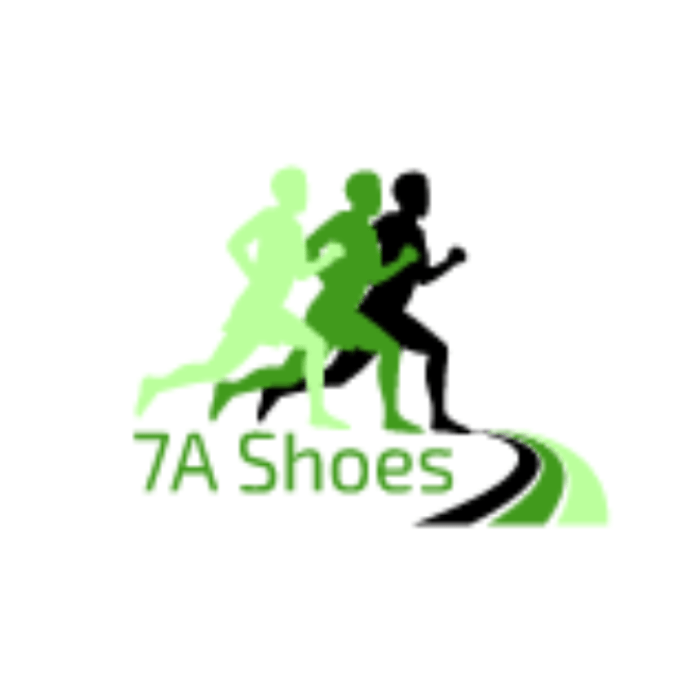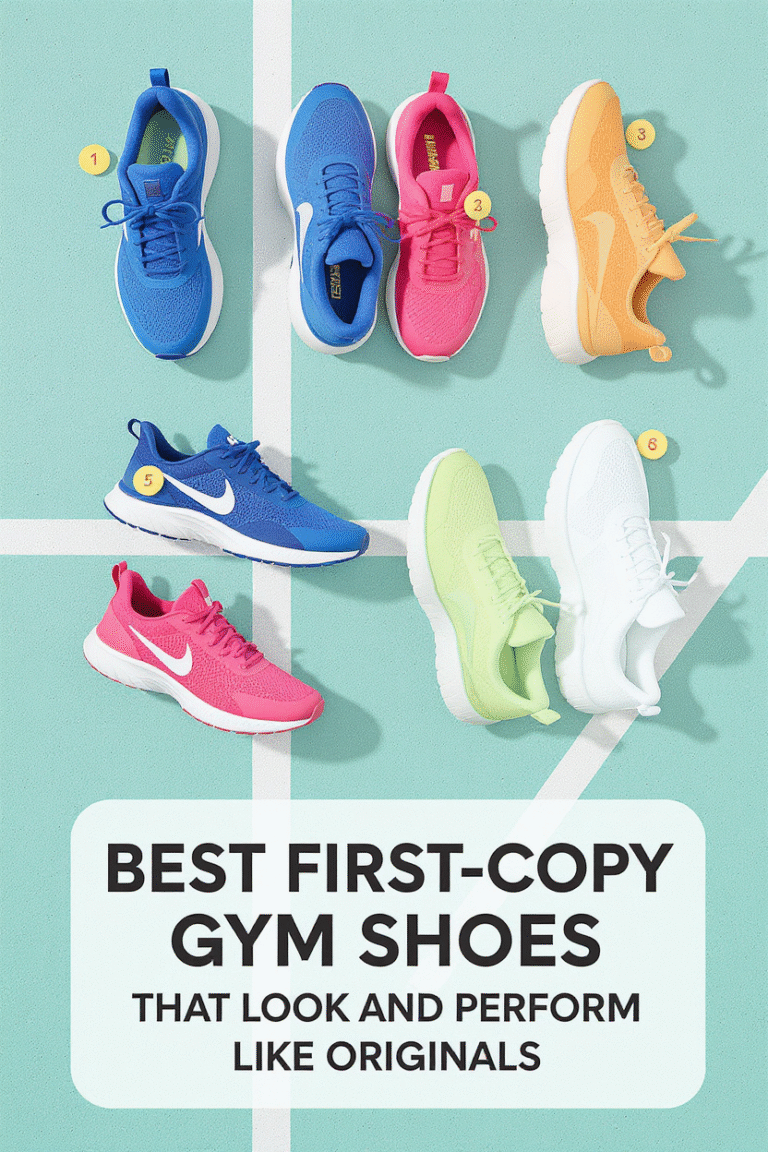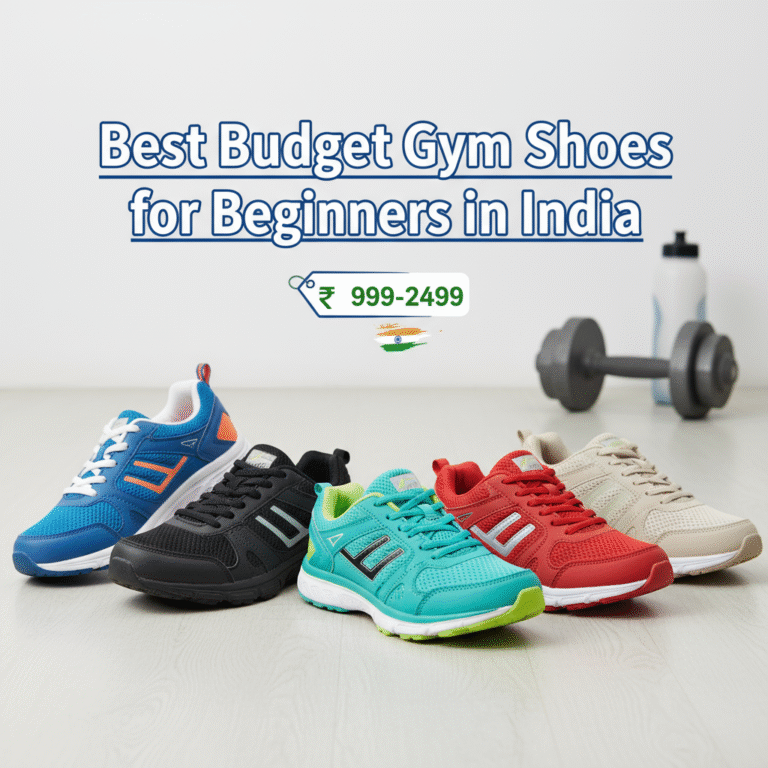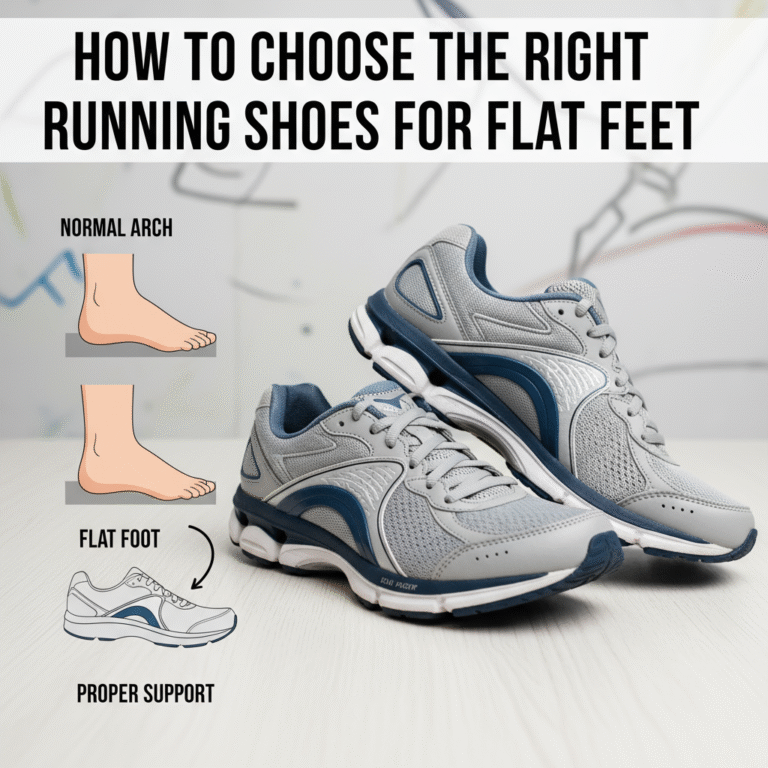No products in the cart.
- The differences between running shoes and training shoes
- When to use each type
- Mistakes to avoid
- How 7A quality shoes from 7AShoes.com give you the best mix of style, comfort, and price
[ez-toc]
Why Choosing the Right Shoe Matters
Shoes are tools for your feet. The wrong shoe can cause:
- Pain in your knees, ankles, or back
- Reduced performance
- Faster shoe damage
Running puts pressure on your feet in one direction—forward. Training, on the other hand, needs side-to-side support. Using the wrong shoe for the wrong activity will not only affect your workout but also harm your body over time.
What Are Running Shoes?
Running shoes are built for forward motion. Every feature helps you move straight ahead with speed and comfort.
Features of Running Shoes
- Cushioning: Thick padding to absorb shock with every step
- Heel-to-Toe Drop: Sloped design that pushes you forward
- Lightweight: Helps reduce fatigue on long runs
- Breathable: Keeps your feet cool and dry
Best for: Jogging, marathons, treadmill running, and casual walking.
What Are Training Shoes?
Training shoes are made for multi-directional movement. They are perfect for the gym, sports, and short training sessions.
Features of Training Shoes
- Flat Sole: Gives balance for lifting weights
- Side Support: Reinforced for side-to-side moves
- Durability: Handles jumps, squats, and high-intensity workouts
- Flexibility: Moves with your foot in many directions
Best for: Gym, HIIT, sports, weightlifting, and cross-training.
Running Shoes vs Training Shoes: Key Differences
| Feature | Running Shoes | Training Shoes |
|---|---|---|
| Main Purpose | Forward motion (running) | Multi-directional training |
| Cushioning | Extra shock absorption | Medium cushioning |
| Sole Design | Curved, promotes forward roll | Flat, promotes stability |
| Flexibility | Best for front motion | Best for side motion |
| Weight | Lightweight | Slightly heavier |
Simple rule: Running = distance, Training = variety
When to Wear Running Shoes
- Long-distance runs
- Jogging outdoors
- Marathon practice
- Walking daily
Running shoes also work well as casual shoes because of their comfort. At 7AShoes.com, you’ll find trendy 7A running shoes that not only perform well but also look stylish.
When to Wear Training Shoes
- Gym workouts
- HIIT training
- CrossFit
- Weightlifting
- Sports like basketball, tennis, or badminton
Training shoes are your go-to for indoor and mixed workouts. If you’re serious about fitness, you should own at least one pair.
Mistakes to Avoid
- Using running shoes for gym workouts: Leads to poor balance while lifting weights and can damage cushioning faster.
- Using training shoes for long-distance runs: Less shock absorption, causes knee or ankle strain.
Tip: Save your shoes and your body by wearing them for the right purpose.
Can One Shoe Do Both Jobs?
If you are only doing light activity, yes. For example:
- Jogging 1–2 km daily
- Doing basic gym exercises
But if you are serious about running or fitness, it’s best to have two pairs—one for running and one for training.
Why 7A Quality Shoes Are the Smart Choice
Branded shoes are expensive. That’s where 7A quality shoes come in. At 7AShoes.com, we bring you premium-grade shoes inspired by top brands but at a fraction of the cost.
Benefits of 7A Quality Shoes
- Affordable: High quality at budget prices
- Durable: Made to last longer with daily use
- Trendy: Same designs as top sneaker brands
- Cash on Delivery: Pay only when you receive your shoes
👉 Shop 7A running shoes or 7A training shoes today at 7AShoes.com
How to Choose the Right Shoe for You
- Define your activity: Running or training?
- Check comfort: Try them on and walk a bit.
- Look at support: Running = cushioning, Training = stability.
- Think about style: A shoe you love wearing will keep you motivated.
FAQs
Q1. Can I wear running shoes in the gym?
Yes, but only for cardio. For weightlifting, training shoes are better.
Q2. Can training shoes be used for running?
Yes, but only short runs. Long runs need running shoes.
Q3. Which lasts longer?
If used correctly, both last long. Wrong use shortens their life.
Q4. Where can I buy the best affordable shoes in India?
At 7AShoes.com.
Final Thoughts
The debate of running shoes vs training shoes ends with this:
- Running shoes = forward motion, cushioning
- Training shoes = stability, flexibility
The right shoe improves performance, prevents injuries, and keeps you motivated. At 7AShoes.com, we make sure you get the best 7A quality shoes for every need—running, training, or casual wear.
👉 Start shopping today and find your perfect fit!





Leave a comment
You must be logged in to post a comment.